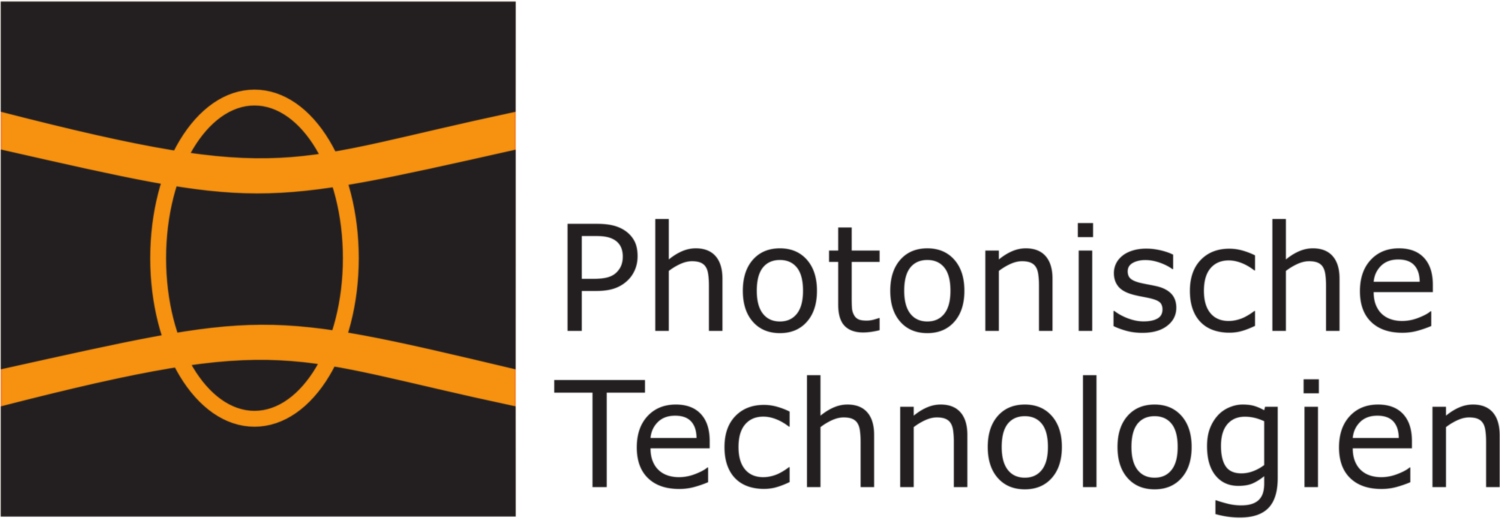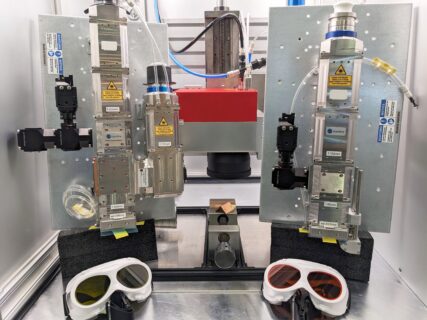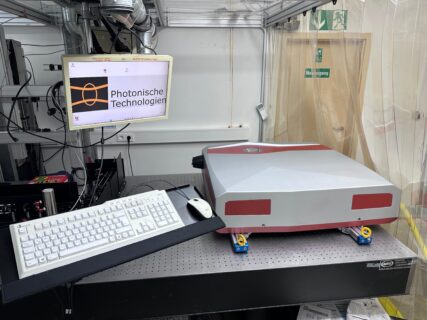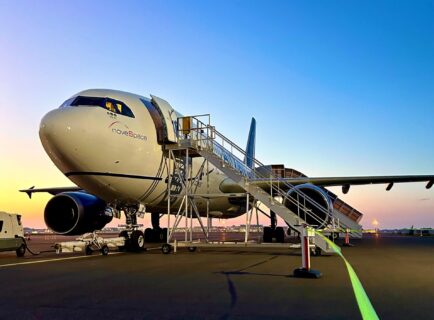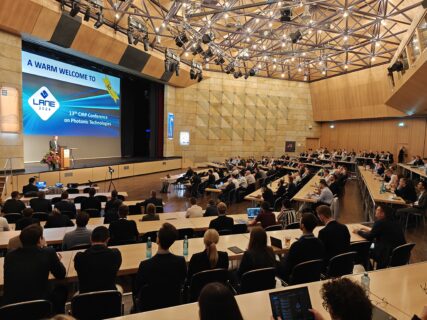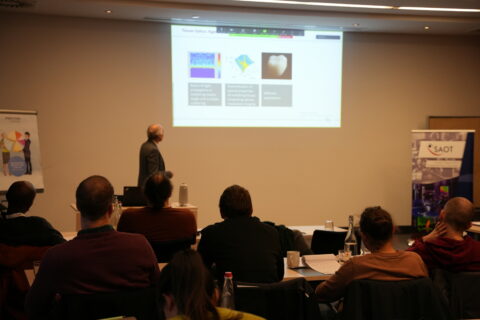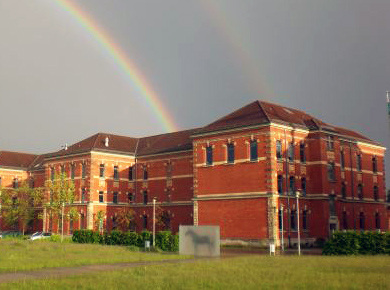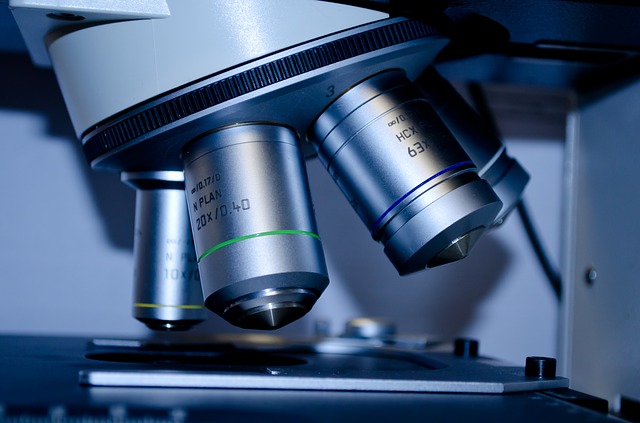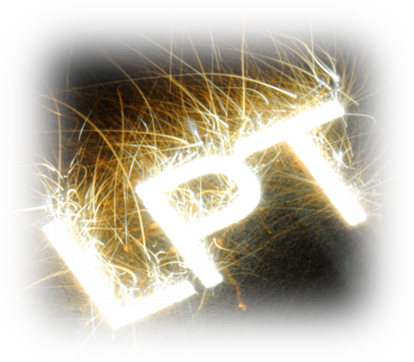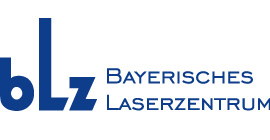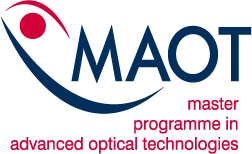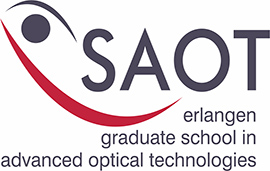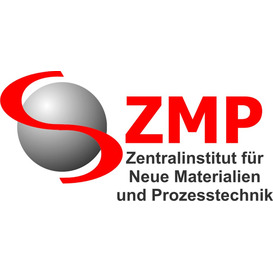Start page
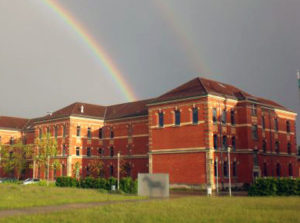 The 21st century will be the century of the photon. Photonic technologies are improving rapidly and enable more and more application areas from optical data transfer to industrial manufacturing to medical applications. Yet, converting scientific knowledge into applicable technologies is a big challenge. Therefore, intense research and development is required at the interface of fundamental research and industrial application.
The 21st century will be the century of the photon. Photonic technologies are improving rapidly and enable more and more application areas from optical data transfer to industrial manufacturing to medical applications. Yet, converting scientific knowledge into applicable technologies is a big challenge. Therefore, intense research and development is required at the interface of fundamental research and industrial application.
The Institute of Photonic Technologies is working at this exact point: we are developing and optimizing processes that use light as a tool for different tasks. We are not only working on laser-based manucacturing technologies like laser beam cutting or welding but apply light as well in medical diagnostics and therapeutics, for example for the detection and treatment of cancerous tissue.
Ultrafast laser technologies are a focus of our research activities. Laser pulses as short as pico- and femtoseconds bear great potentials in material processing on a microscopic of even nanscopic scale. We strive towards clearing the path for ultrafast laser to industrial application and thus to realize efficient processes with extremely high precision.
Furthermore, we are developing capable simulation methods which contribute to an indepth understanding of laser based manufacturing processes. Our models enable the calculation of optimal process parameters without the need of numerous cost-intensive experiments.
In order to ensure good machining quality we are also developing real-time sensing and control systems for various laser processes. With such technologies, it will be possible to choose and adapt process parameters automatically to reach desired process results.
Additional information on our research activity can be found in the section Research at the LPT.
